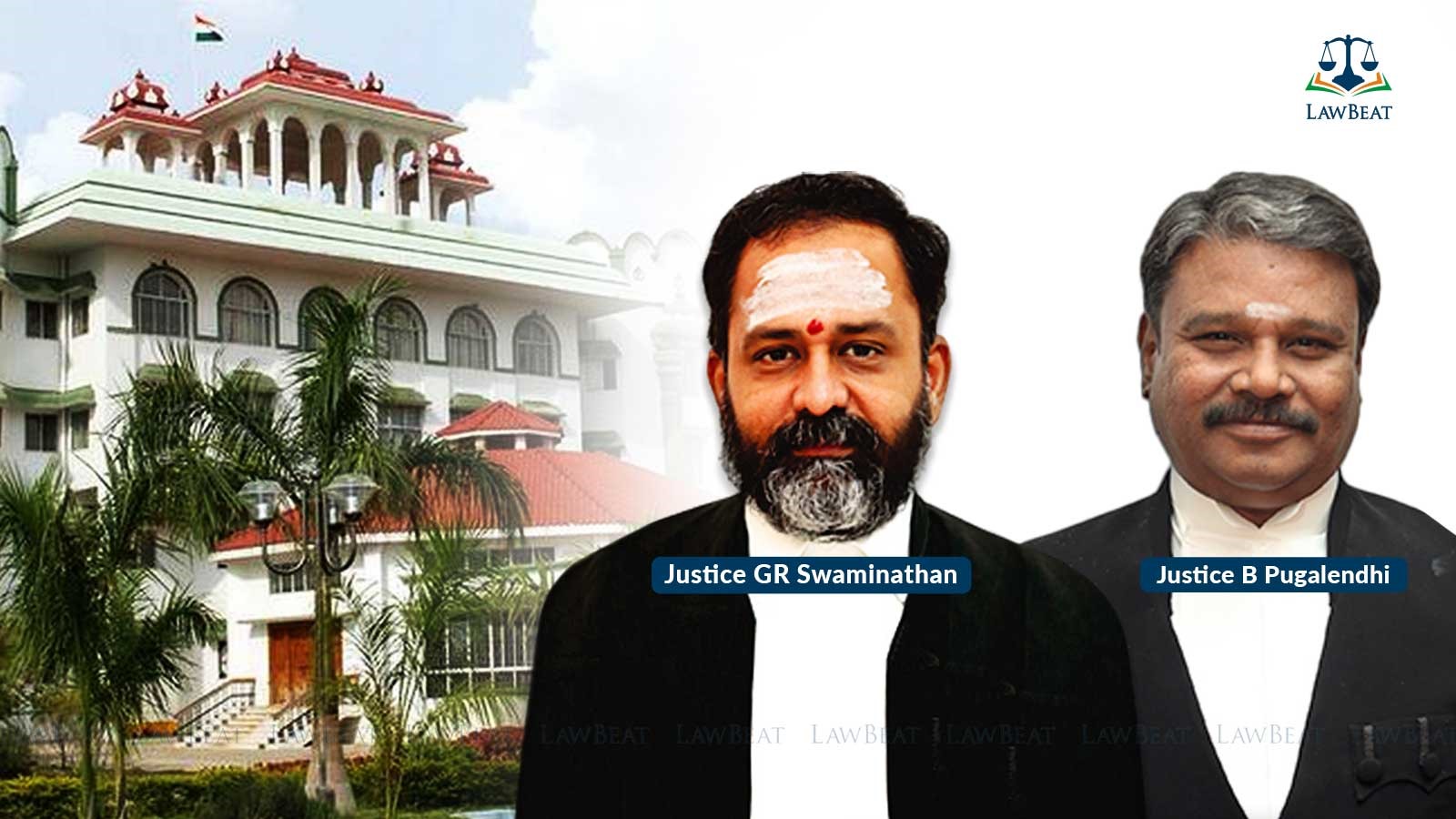"A sorry state of affairs": Madras HC orders dedicated website listing all water bodies in Tamil Nadu to curb encroachment

"Through the city of Madurai, river Kridhumaal Nadhi flowed. What was once a river has become a narrow drainage channel. Its course has been altered by urbanization and construction of buildings," the bench pointed out raising concern over encroachment on water bodies in Tamil Nadu
The Madras High Court has directed the State Government of Tamil Nadu to open a dedicated Website containing an exhaustive list of all water bodies in the State within the next six months.
It shall contain all the relevant details pertaining to each and every water body (including tanks, lakes, rivers, kanmois etc., directed the division bench of Justice G.R. Swaminathan and Justice B. Pugalendhi.
The website will also mention the water bodies' survey number, physical location, details of village, taluk and district and extent (both original and present). The bench stressed that the area and dimensions of the water bodies will have to be precisely measured and cataloged.
"Such a website meant for viewing by all shall be opened within six months from the date of receipt of copy of this order," the bench ordered.
The court further directed that from the village level onwards, the exercise of collating details will be undertaken and certified at the Taluk level and based on the same, they will be uploaded on the said website.
Court held that if the details are found to be incorrect, any individual can bring the same to the notice of the high court and it will initiate appropriate proceedings against the person responsible for furnishing of incorrect data.
"The officials should therefore undertake not only physical inspection but also carefully verify all the official records," court stressed.
Moreover, on the issue of illegal encroachment on the water bodies, the bench ordered that existing encroachments in all the water bodies shall be identified and removed after issuing notice to the encroachers.
"If constructions have been made, they shall be demolished. Further encroachments shall not be permitted. Nor they shall be regularised," the bench ordered.
Importantly, the bench ordered that "pattas issued in respect of water bodies after 01.01.2000 shall be cancelled and the water bodies shall be restored to their original position".
Further, to strike a balance between infrastructural development and environmental concerns, the bench directed that the development projects will be conceived and implemented in a manner not to affect the integrity of the water bodies in any manner.
The water bodies including tank bunds shall be maintained in tact and proper distance shall be reserved, the bench ordered.
Furthermore, while highlighting that "water bodies belong to the society and their ownership may technically rest in local bodies/departments/government but they are a gift of nature and have to be available not only for human beings but also animals and birds", the bench said that "it is the duty of the officials to ensure that the quality of water is not affected in any manner".
Therefore, court directed that "whenever tender notices are issued, appropriate conditions shall be incorporated so as to effectuate the direction set out in this clause".
The order was passed in a batch of petitions pertaining to construction of roads on the tank bunds of two very large water bodies in Madurai- Thenkal Kanmoi and Vandiyur Kanmoi.
The grievance of the petitioners was that the development authorities had failed to obtain prior environmental clearance and there must be sufficient distance between the tank bund and the road.
Notably, both the judges of the division bench and a third judge inspected both the spots themselves and found that as a result of the implementation of the projects, the water spread area would not be reduced but on the other hand, the storage capacity would register an increase.
The bench also noted that the case on hand involved expansion of State Highway Roads and not National Highways and the State Highway expansion projects have been exempted from the requirement of having to obtain prior environmental clearance vide a State Order dated December 1, 2009 unless the projects come up in hilly terrain and ecologically sensitive areas.
Therefore, while highlighting that the road development project had been conceived only in the larger public interest, the bench lifted the earlier order restraining the implementation of the projects and ordered the work on the projects to resume.
However, taking note of the obliterated state of the water bodies in the State, court issued the above-mentioned directions to the authorities.
Case Title: R.Manibharathi v. Union of India and Others
